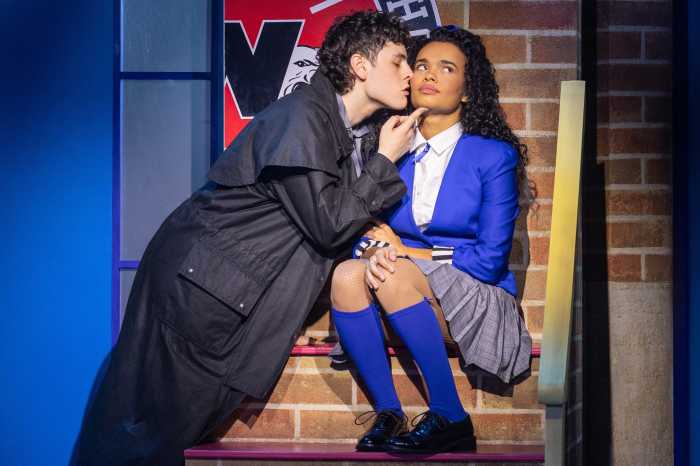Two Virginia men face prison terms for suggesting oral sex in department store bathrooms
Ruling on two appeals of criminal sentences argued on the same day, the Court of Appeals of Virginia has affirmed criminal convictions of two men arrested for soliciting plainclothes police officers to have sex in department store men’s rooms.
Neither case made any mention of lewd conduct, such as either man exposing himself, but rather focused on verbal solicitations.
The November 8 rulings rejected arguments that the Virginia sodomy law should be struck down as unconstitutional because of the U.S. Supreme Court’s 2003 decision in Lawrence v. Texas, which invalidated a Texas law against gay sex.
Both of the cases arose from arrests that took place in March 2003, several months before Lawrence was decided, although the timing did not figure into these decisions. At the heart of both cases is Virginia’s Crime Against Nature statute, which, unlike the Texas statute, broadly outlaws any sexual act involving the mouth or the anus. Virginia has traditionally limited lawful sexual activity to contact between the penis and the vagina of an opposite-sex couple married to each other, treating everything else as unlawful.
Both Joel Singson and Andy Joe Tjan made the mistake of chatting up plainclothes officers about their interest in having oral sex. In both cases, they were arrested and charged with violating a statute making it a crime to solicit a person to commit a “crime against nature.” Each man asked the trial court to dismiss the charges on the basis that the sodomy statute was unconstitutional, either because it deprived them of constitutionally protected privacy or equal protection of the laws, or because prosecuting them for the mere act of solicitation violated their freedom of speech.
When the trial judges in the two cases refused to dismiss the charges, the men pled guilty but preserved their challenges for purposes of appeal.
The two opinions, both by Judge Robert J. Humphreys, rejected every point of constitutional challenge, and seemed to rest heavily on the assumption that every square inch of a department store restroom is a “public place,” including a stall with a door that is closed.
At the heart of the argument is the contention that because Lawrence v. Texas retroactively overruled Bowers v. Hardwick, the 1986 case that upheld the Georgia sodomy statute, such laws have been unconstitutional all along, and if the sodomy law is unconstitutional, then it can hardly be proper to make it a crime for somebody to solicit an act of sodomy. However, the Virginia courts were not willing to deal with the issue at that level of generality.
Instead, Humphreys pointed out that Lawrence dealt with a case of two men who were arrested in a private apartment for engaging in consensual sex. This is quite different from soliciting a stranger to have sex in the restroom of a department store open to the general public, even if the sex that was being solicited would be performed behind the closed door of a toilet stall.
In several cases decided since Lawrence, courts in different states have been reluctant to extend the reasoning of that decision to factual settings that differ in any significant respect from the model of two adults having consensual sex in a truly private setting with no money exchanged for the sex act. Challenges to solicitation or prostitution laws relying on Lawrence have been notably unsuccessful, even though the underlying rationale of that decision would, as Justice Antonin Scalia argued in bitter dissent, logically bring into question all laws that are essentially attempts to enforce moral codes.
The Virginia court rejected the argument that the sodomy law should be struck as overbroad because it applied to conduct that was constitutionally protected under Lawrence. Apart from some free speech cases under the First Amendment, the theory that a law it too broad is generally not available to criminal defendants whose conduct falls within a statute’s legitimate reach. For the Virginia judges, restroom solicitations for sex take place in the public sphere, outside the reach of Lawrence.
As to the First Amendment, Humphreys rejected the idea that a sexual solicitation is the type of communicative act that deserves constitutional protection, but even if it were, found that the amount of protected speech that might be abridged here would be minimal.
Gregory R. Nevins, a senior staff attorney in Lambda Legal’s Atlanta office, argued both cases before the court of appeals. At press time, a decision had not been made about whether to appeal these rulings to the Virginia Supreme Court.
gaycitynews.com


































